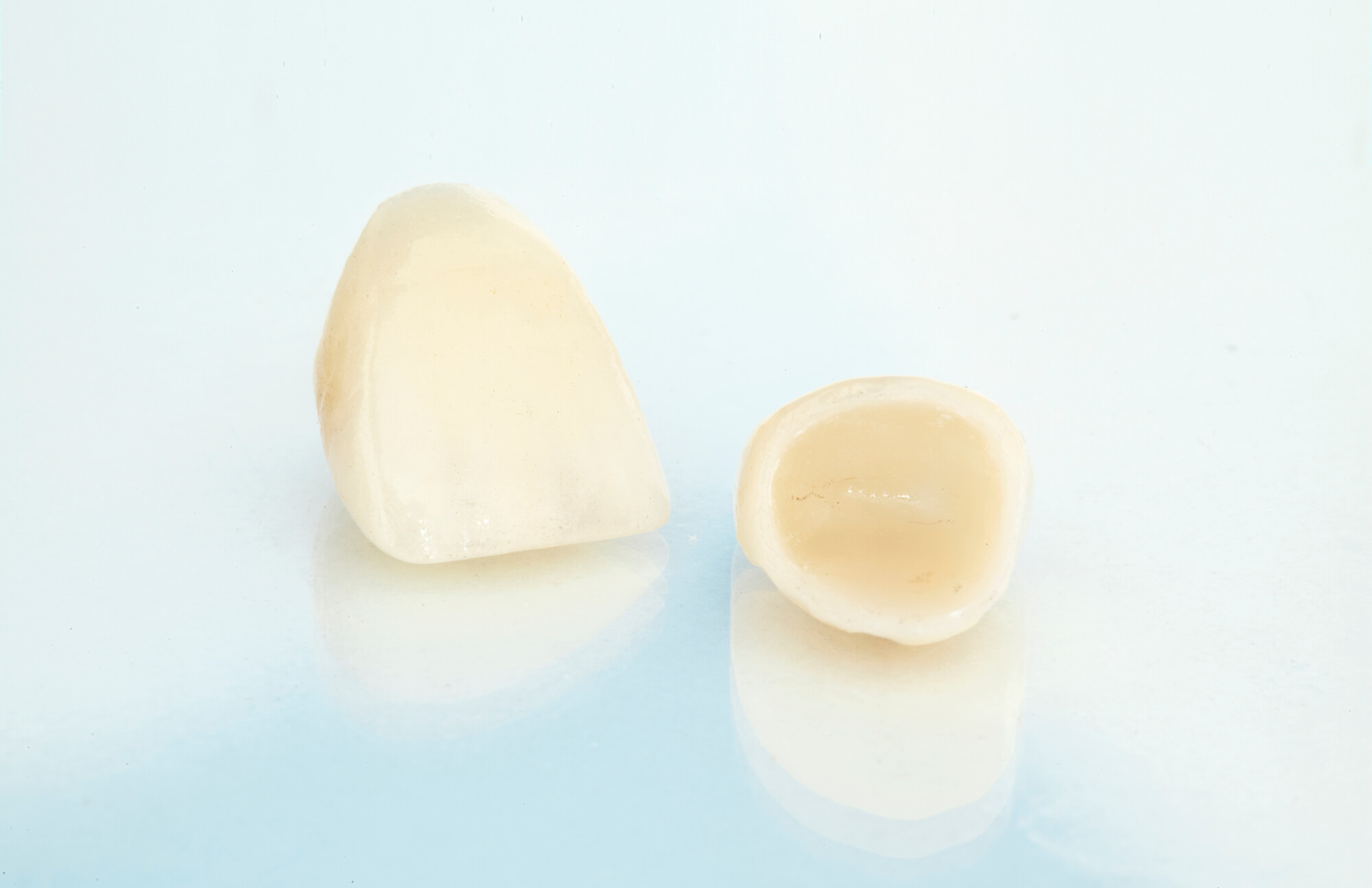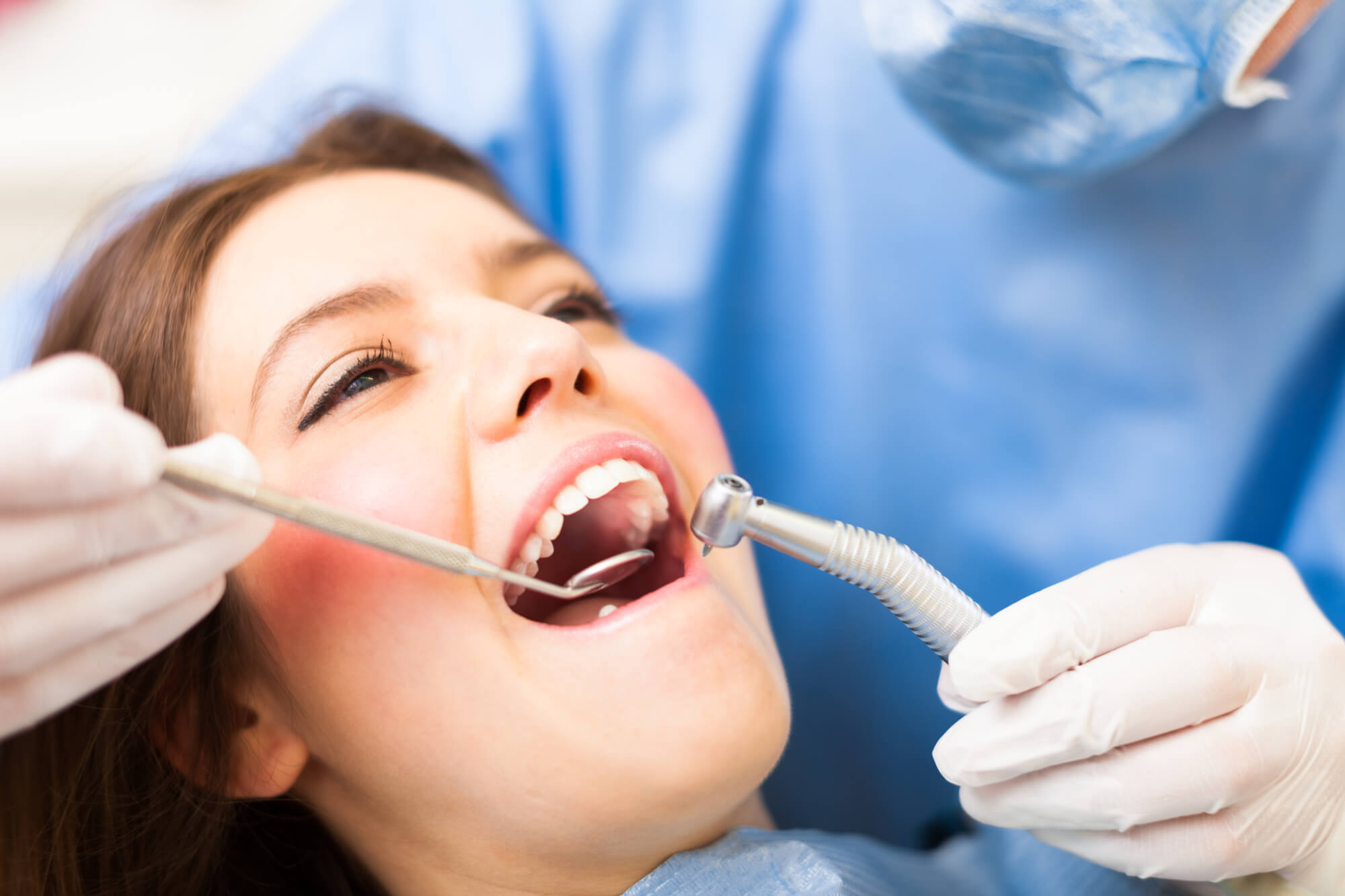The fastest and most cost-efficient method of restoring your smile is to get a dental crown in Clayton. In some cases, dentists suggest a dental crown to protect, restore, or cover a tooth that can’t be repaired with a filling. Dental crowns can be made from materials such as ceramic, resin, porcelain, and metals.
One of the things people love about dental crowns is they do not require special care besides practicing good dental hygiene. Ideally, when dental crowns are well-maintained, you can expect them to last up to 15 years. It’s not uncommon for dental crowns to last for more than 30 years.
Despite their unparalleled strength, some factors can compromise their durability and integrity. If you’re not careful, you could cut their lifespan short. What can you do to maximize your crowns?

Factors That Can Destroy Your Dental Crowns
What Are Dental Crowns?
A dental crown is an artificial tooth cap designed to encase the visible portion of a damaged, chipped, fractured, or broken tooth. If a dental filling cannot solve the problem, your dentist will suggest placing a dental crown to cover, protect, and restore the overall look and function of the tooth.
It can be made from different materials. We suggest you consult your dentist to know what material is best for you. Ask about the pros and cons of each so you can decide what to go for.
Why Would You Need a Dental Crown?
You’ll need a dental crown for the following reasons:
- To protect a tooth that has been weakened due to decay
- To cover a dental implant
- To keep a weak tooth from breaking apart
- Restore a broken tooth
- Restructure a damaged tooth
- To support a tooth with a large filling
- To hold a dental bridge securely in place
- To cover a misshaped tooth
- To cover a tooth following a root canal therapy
What Can Destroy Your Dental Crowns?
Bad Dental Habits
Certain habits that cause tooth damage may also contribute to broken dental crowns. When excessive pressure is placed on your dental crown, it could chip, crack, fracture, or break. Some habits you must avoid include nail biting, teeth grinding, eating chewy or hard foods, chewing ice, and using your teeth as tools.
It’s alarming that many people use their teeth as tools for convenience. For example, they use their teeth as a bottle opener or to tear a bag of chips. While your teeth are inarguably strong, they are definitely not designed for this purpose.
Their functions are limited to helping you with speech, chewing, biting, and supporting your jaw for muscle stability. Therefore, don’t use them to bite on bottle caps, tear plastic packets, and break ice. Not only will you damage your artificial dental crowns, but you’ll also run the risk of destroying your natural teeth.
Poor Oral Hygiene
How’s your oral care routine going? Have you been diligent with your brushing and flossing? Did you know that taking this for granted could put your natural teeth at risk of tooth decay? Sure, your dental crowns are resistant to decay but remember that the tooth underneath the crown isn’t.
If you don’t brush and floss your teeth regularly, you could suffer from various oral health issues, including gum disease, tooth decay, and infection, which can likely destroy your dental crowns.
To keep your dental crowns in tip-top shape, brush your teeth two times a day using a toothbrush with soft bristles. It’s essential to follow the proper brushing technique to effectively remove plaque, bacteria, and food debris on the surface of your teeth.
In addition to brushing, you must floss at least once a day, preferably before bed. The American Dental Association recommends seeing your dentist at least once every six months for an oral exam and professional teeth cleaning.
Bruxism
Bruxism is the unhealthy habit of consciously grinding, clenching, or gnashing your teeth (awake bruxism) or unconsciously (sleep bruxism). When you grind or clench your teeth, they’ll rub against each other, putting them under unnecessary pressure.
Over time, this will wear your teeth down and make them susceptible to chips and cracks. The same force that damages your natural teeth can also destroy dental crowns. One effective way to treat bruxism is to wear a mouth guard when you sleep.
Problems with Malocclusion
Are you aware that malocclusion can also damage your dental crowns? If you have an abnormal bite, your teeth tend to hit each other at the wrong points, causing some of them to receive excessive force. Again, when your crowns are under too much pressure, they could crack or chip.
Not Choosing an Experienced Dentist
A huge factor influencing the longevity of your dental crowns is the person who placed them. If you want to have your smile beautifully restored, don’t just choose any dentist. Take time to do your research and find a dentist who has vast experience in the industry and one who received the proper training to help you achieve the smile you’ve always wanted. Experienced dentists will know what material to use that’s both durable and aesthetically pleasing.

Are You Taking Care of Your Dental Crown in Clayton?
Dental crowns protect your teeth, but it doesn’t mean they are indestructible. If you’re not careful, you could damage them. We offer affordable restorative dental treatments at Tyron Family Dentistry, including dental crown application. Our team will also teach you how to care for them so they last longer. Contact us today for an appointment.

